In January 2022, our long-haired dachshund, Django, had back surgery for Intervertebral Disc Disease (IVDD). Within 48 hours after his back legs became paralyzed, Django underwent spinal surgery, and a canine neurologist successfully removed herniated disc material from Django's spinal canal. You can read all about Django's IVDD experience here and learn what to immediately do if you suspect your dog is suffering from IVDD.
For the first time, we (Mike and Steph) became very familiar with the true costs surrounding dog back surgery. While the price of IVDD surgery varies greatly, we learned that the total bill is far bigger than just the operation cost; it also includes exams, boarding, medication, anesthesia, etc.
In this DJANGO Dog Blog article, we examine the “all in” cost of IVDD surgery for dogs. We also compare the success rate of IVDD surgery to non-surgical IVDD treatment options. And finally, we discuss which IVDD treatments are typically covered by pet insurance.
MUCH DOES IVDD SURGERY COST?
When all IVDD surgical and non-surgical costs are accounted for, the total bill can range from $6,000 to $12,000 for small or medium dogs and as much as $8,000 to $14,000 for large dogs.
The Cost of IVDD Surgery Depends on Several Key Variables
The cost of IVDD spinal surgery—the operation itself—is based on several factors: where your dog’s spinal cord is damaged, how many impacted locations need operation, and the duration of the surgery. Complex and lengthy surgical operations will be more expensive than quicker and simpler surgeries. The total cost of the IVDD operation will likely range from $3,000 to $9,000.
As a reference, Django's IVDD surgery cost was $4,700. Dr. Jenny Scarano from Red Banks Veterinary Hospital in New Jersey removed diseased disk material from Django's spinal canal at the T12-13 location. Django's IVDD surgery took approximately 1.5 hours. Our neurologist said Django’s IVDD surgery would have been more expensive if he had more than two vertebrae that needed to be fixed.
Non-Surgical Costs of IVDD in Dogs
In addition to IVDD surgery, you will be charged for non-surgical items related to your dog's operation and ongoing treatment during the hospital stay. These items will likely include anesthesia, anxiety meds and sedatives, pain killers, imaging scans, food, and boarding.
Below is an itemized list of many non-surgical charges Mike and I paid for related to Django's IVDD surgery. Remember, prices will vary based on your geographic location and facility. We live in New Jersey, and prices are relatively higher than many other regions of the U.S. (albeit not as high as where we used to live, New York City).
- Referral examination — $85
- Hospitalization — $363
- MRI — $1,850
- Chest x-ray — $360
- Blood test (CBC count) — $62
- Boarding (per day) — $85
- IV fluid change (per day) — $99
- Penicillin shot — $149
- Anti-anxiety medication (i.e., Gabapentin) — $71
As you can see from the above list, the second most expensive item related to Django's IVDD surgery was his Magnetic resonance imaging (MRI) scan. The MRI was necessary to pinpoint the exact location(s) of Django's IVDD and confirm that surgery was indeed needed. Canine MRIs generally cost anywhere from $1,500 to 3,000 in the United States.
As a reference, our final hospital bill totaled $8,600.
Additional Factors that Impact the Cost of IVDD Surgery
Geography plays a key role in IVDD surgery pricing. In general, board-certified canine neurologists in big and expensive cities like NYC and San Francisco will charge more than canine neurologists in cities and towns with a lower cost of living.
Timing may also be a factor, depending on your animal hospital's pricing policy. Because IVDD can cause incurable paralysis, it is often considered a surgical emergency. If your dachshund has back surgery during the holidays or in the middle of the night, pricing may be higher than the comparable cost during normal business hours. Again, this will depend on your particular animal hospital.
"How Will I Be Billed for My Dog's IVDD Surgery?"
You will likely be invoiced and billed for all items simultaneously. Most veterinary clinics that perform IVDD surgery will ask you to pay an upfront deposit, i.e., 30-50% of your uninsured dog's total estimated bill. This means that if your dog's total estimated bill is $9,000 (like ours was), you will be required to put down an upfront deposit of $2,700-$4,500.
WHAT IS THE SUCCESS RATE OF IVDD SURGERY?
The success rate of IVDD surgery depends on the severity of your dog's IVDD prognosis and the length of time between your dog’s first symptoms (i.e., IVDD stage) and his back surgery.
If your dog can feel pain when admitted for surgery (i.e., IVDD stages 1-4), there is a 96% chance he will be able to walk again within 3 months. Approximately 76% of wiener dogs that cannot feel their toes (i.e., stage 5) will also fully recover in 6-12 months if they have surgery within 24 hours. Click here to learn more about the different stages of IVDD.
The speed of your dog's recovery is also based on what area of your dog's spinal cord is damaged. Approximately 18% of bulging discs are in the neck (cervical), while 65% are in the mid-back (lumbar). According to DVM360, dachshunds with a mid-back injury (Django’s diagnosis) heal faster than sausage dogs with a neck injury.
CAN DOGS WITH IVDD RECOVER WITHOUT SURGERY?
If your sausage dog has IVDD but can still walk (i.e., stages 1-3), he might be able to recover without surgery. Non-surgical treatments for IVDD include anti-inflammatories, pain meds, strict crate rest, laser therapy, and acupuncture.
In October 2020, Django was diagnosed with mild IVDD (i.e., stage 2). After taking him to a canine neurologist, we put him on strict crate rest for 6 weeks. Django was only allowed out of his crate to cuddle and for potty breaks. Fortunately, he fully recovered from this particular back injury.
Unfortunately, if your dachshund still has back or neck pain after 4-7 days of strict crate rest, or shows signs of deterioration and/or paralysis, IVDD surgery may be the best or only option. The goal of IVDD surgery is to take pressure off your sausage dog’s spinal cord. To prevent further damage to his spinal cord and/or permanent paralysis, surgery should be done within 24-48 hours.
WHAT IS THE SUCCESS RATE FOR TREATING IVDD WITH AND WITHOUT SURGERY?
Each IVDD stage requires a different treatment plan. Mild IVDD (i.e., stages 1-2) is usually treated with strict crate rest and medical management. Back surgery is almost always the standard treatment for dachshunds with severe IVDD (i.e., stages 3-5).
Based on your dachshund’s IVDD stage and treatment plan (i.e, with surgery or without surgery), VCA Animal Hospitals lists the following average success rates.
TABLE: HOW SUCCESSFUL IS IVDD SURGERY IN DOGS?
|
IVDD Stage |
Surgery |
Non-Surgical IVDD Treatments |
|
Stage 1: up to 1 week |
90-95% |
80-90% |
|
Stage 2: past 1 week |
90-95% |
60-70% |
|
Stage 3: up to 3 days |
85-95% |
30-40% |
|
Stage 4: up to 3 days |
85-95% |
Less than 25% |
|
Stage 5: up to 24 hours |
50% |
Less than 5% |
DOES PET INSURANCE COVER IVDD SURGERY?
Most pet insurance companies will not cover dachshunds that have been diagnosed, treated, and/or are showing the symptoms of IVDD before your pet insurance policy’s start date. According to the Journal of the American Veterinary Medical Association, 25% of sausage dogs and 15% of other dog breeds combined need a second back surgery 3 years after their first IVDD surgery.
If your wiener dog develops IVDD after the waiting period, pet insurance companies like Embrace and Healthy Paws will cover several different IVDD surgeries. These include ventral slot, fenestration, laminectomy, and hemilaminectomy. Hemilaminectomies are the most common surgical treatment for canine IVDD. Most pet insurance companies also cover diagnostic tests for IVDD like neurological exams, MRIs, X-rays, and myelograms.
As long as a licensed vet prescribes them, most pet insurance companies will provide coverage and/or reimbursement for FDA-approved prescription medicines. Some pet insurance companies also have a Wellness Rider that you can add on for an extra fee. It covers IVDD supplements like cod liver oil and turmeric powder.
QUESTIONS? COMMENTS?
How much did your dog’s IVDD surgery cost? Was his spinal surgery covered by pet insurance? Let us know in the comments below. And follow Django’s IVDD recovery on Facebook and Instagram.

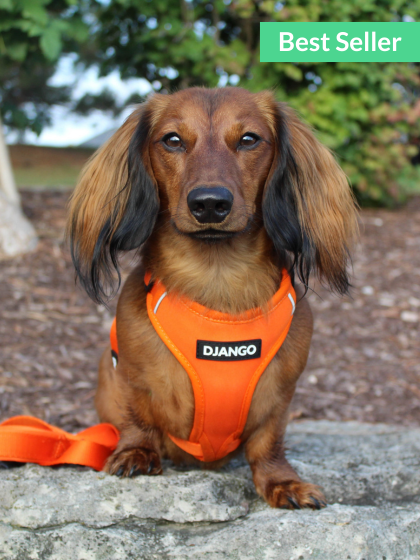

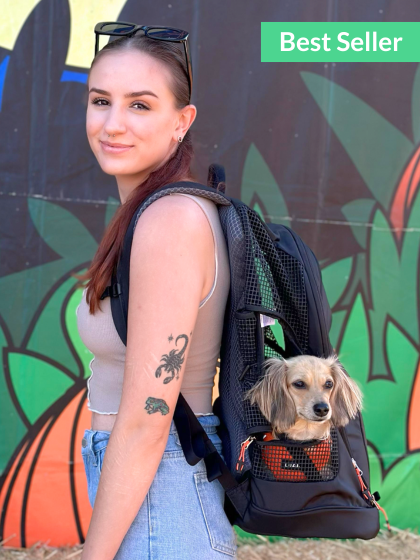

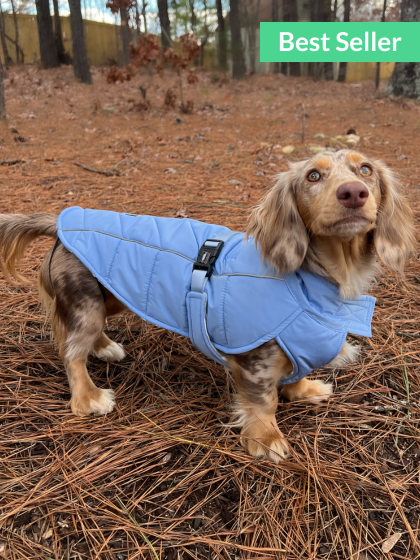
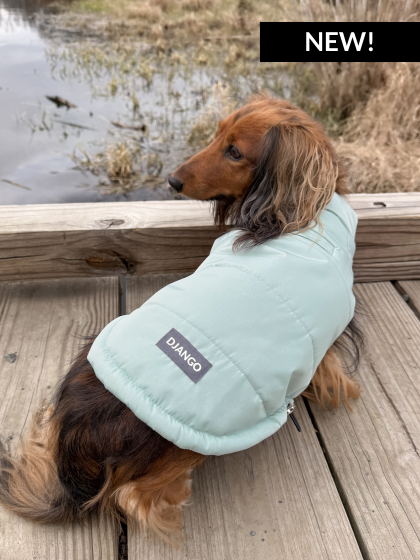
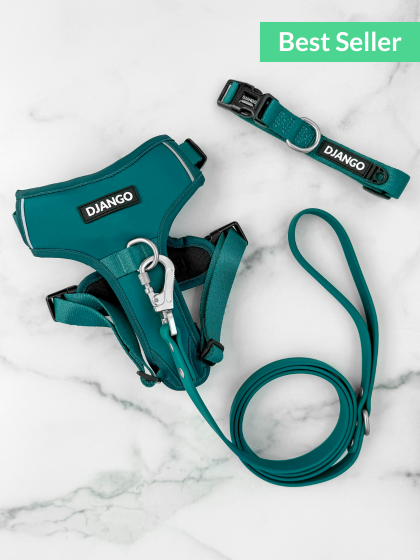

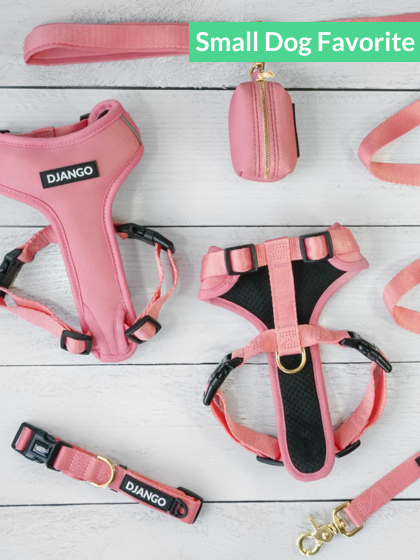
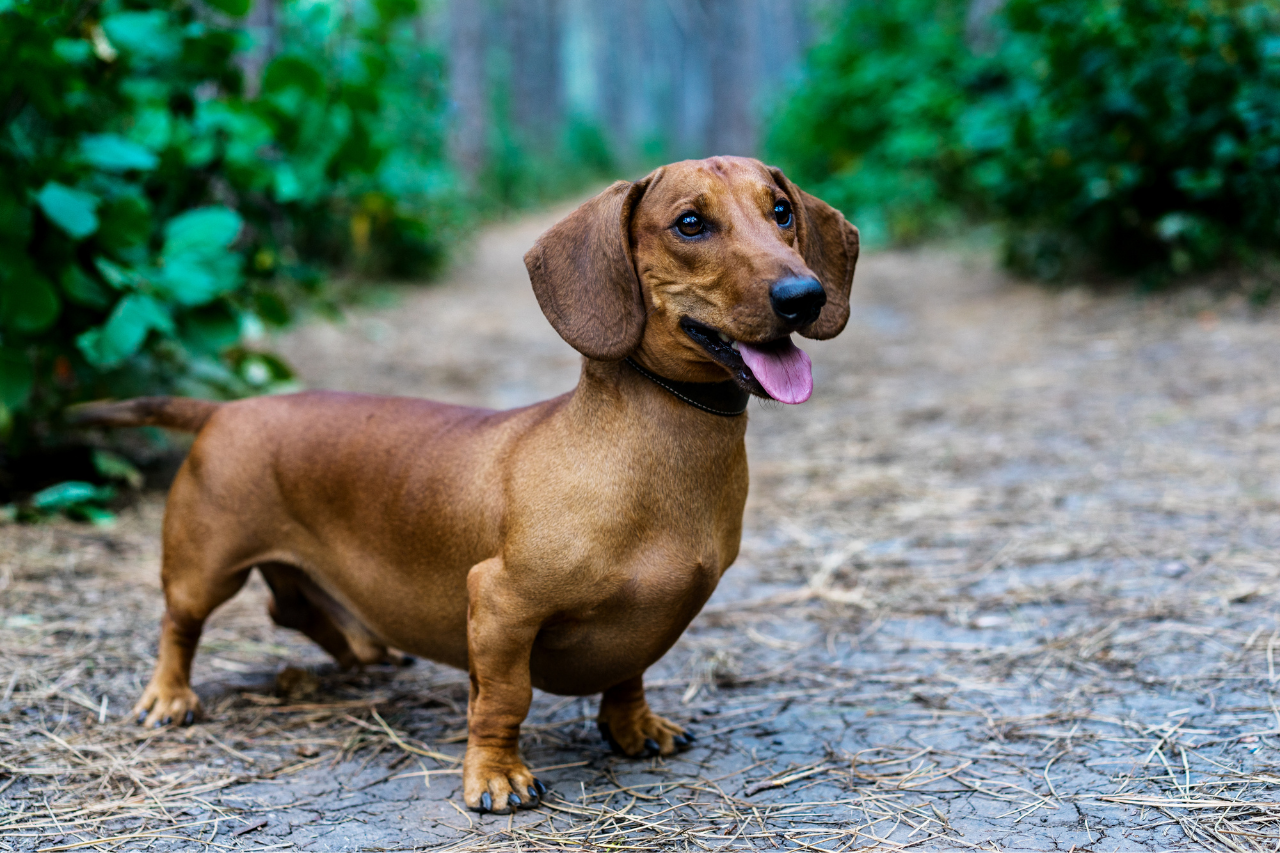
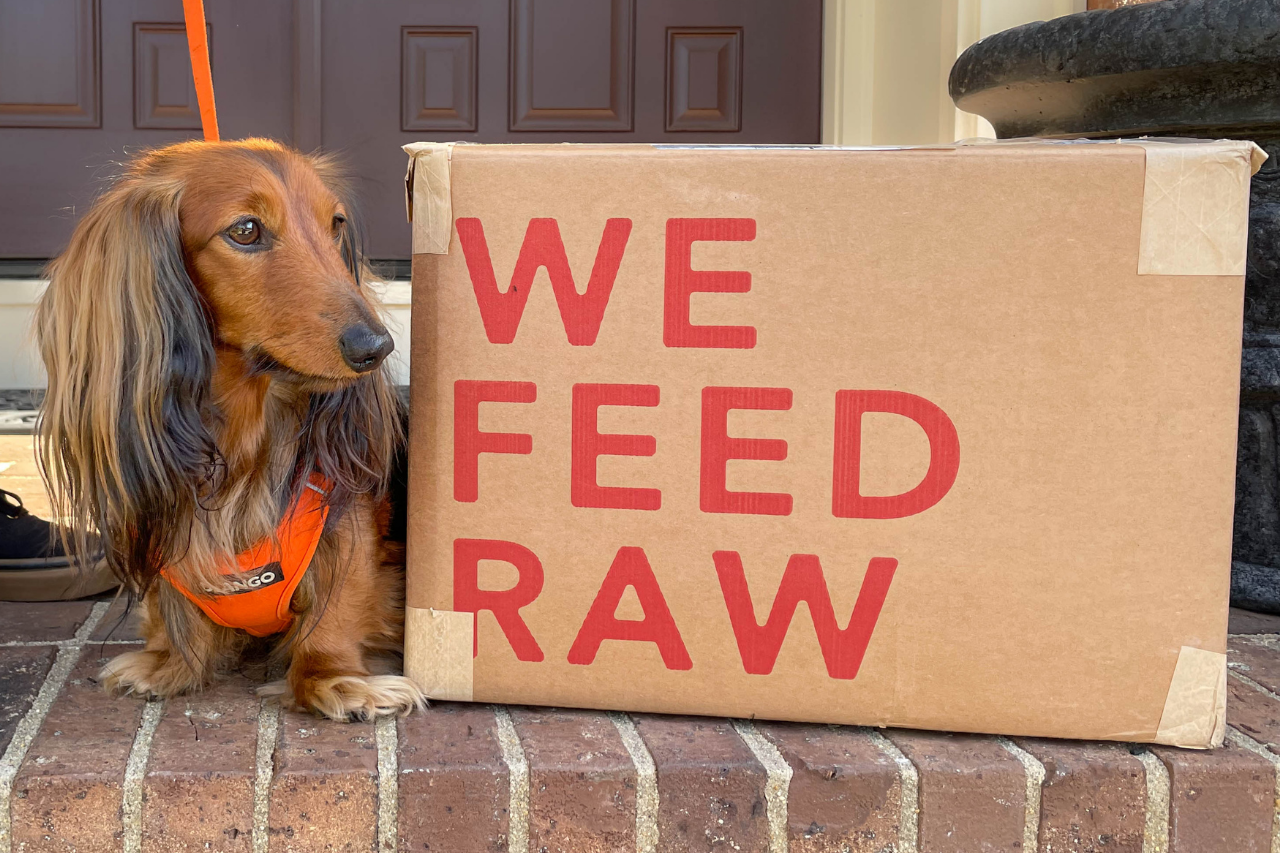

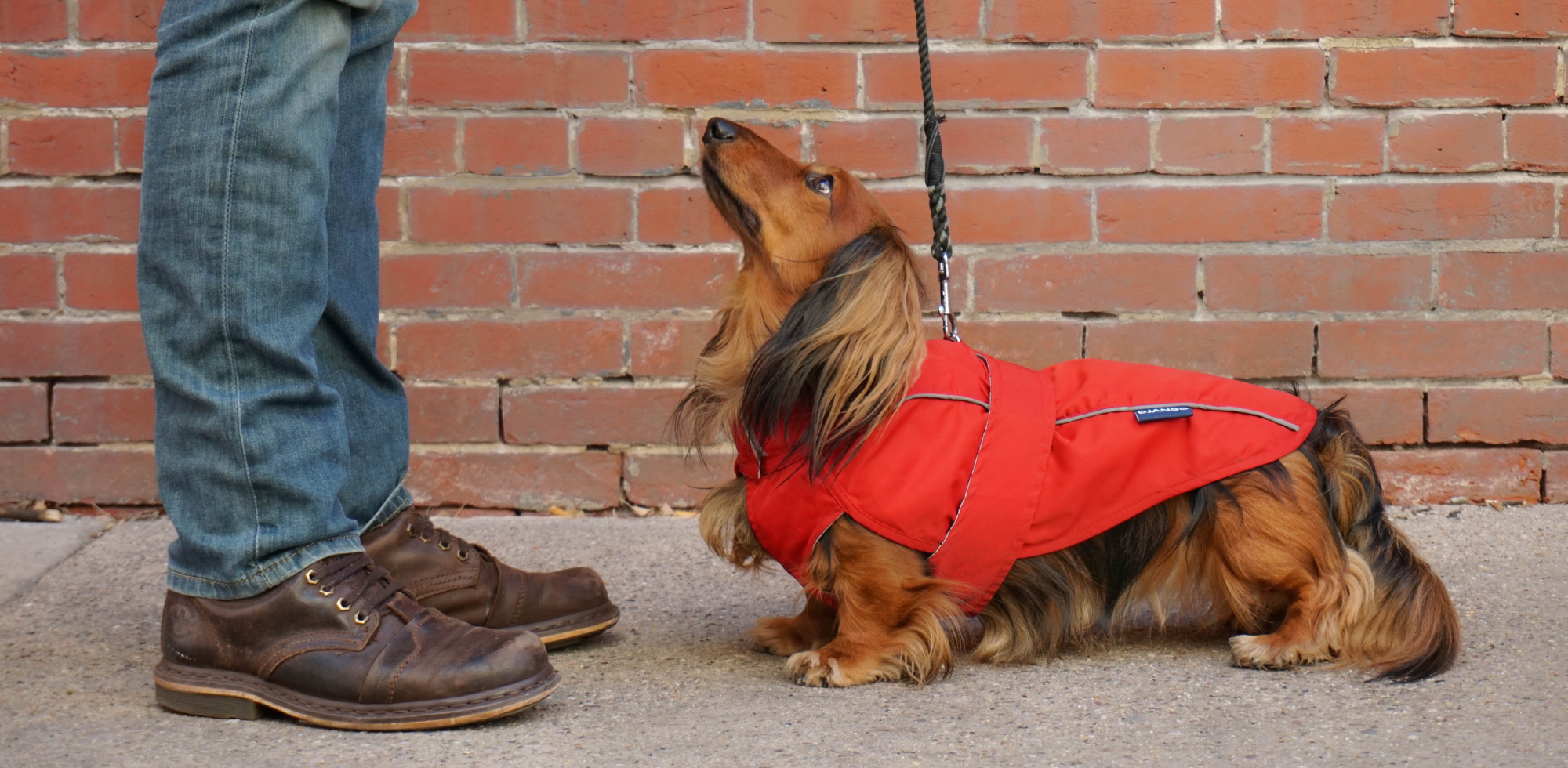
1 comment
Susan Makrauer
Hello,
We are bringing home a mini dachshund in about 3 weeks. She is a red-headed long hair!
What are your thoughts on pet insurance? I have read a lot on IVDD and I am a bit freaked out. Any suggestions are very appreciated!
Thank you!
Hello,
We are bringing home a mini dachshund in about 3 weeks. She is a red-headed long hair!
What are your thoughts on pet insurance? I have read a lot on IVDD and I am a bit freaked out. Any suggestions are very appreciated!
Thank you!